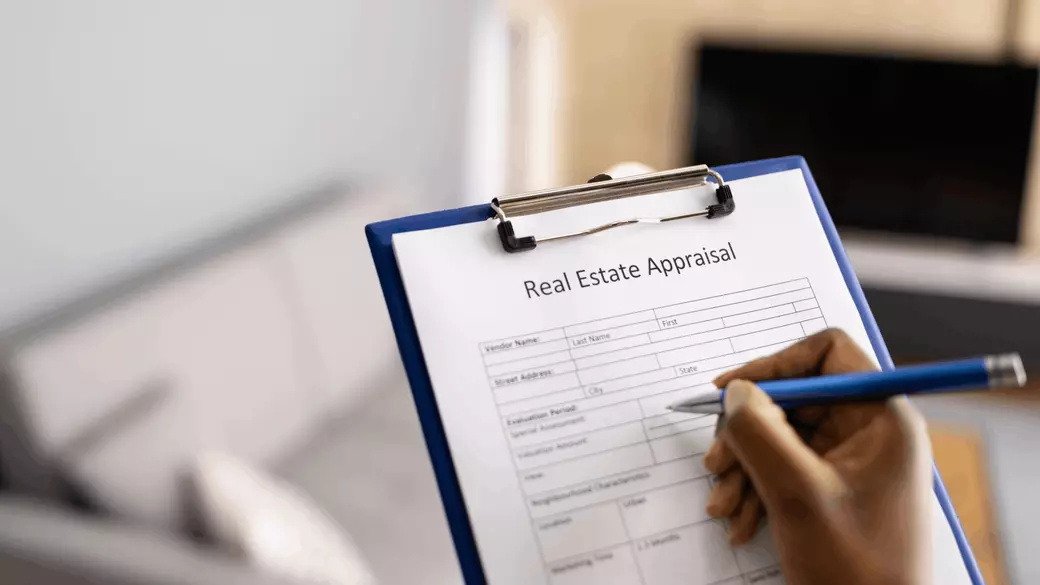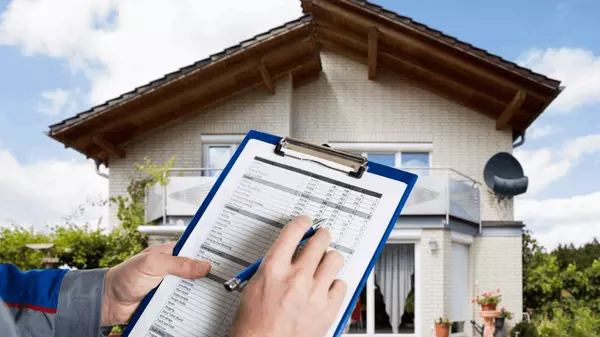What Do Appraisers Look for During a Home Appraisal? Key Factors Explained

Whether you’re selling your home or buying your first one, understanding how the appraisal process works can help you feel more confident and prepared. A home appraisal determines your property’s value, and knowing what appraisers look for can give you insight into how to maximize your home's worth. Let’s walk through the key factors appraisers evaluate with a warm and professional touch.
1. Curb Appeal and Exterior Condition
Appraisers pay attention to the first impression your home makes from the outside. This includes:
- Landscaping: A well-maintained yard and garden can increase perceived value.
- Roof and Siding: The condition of your roof and exterior materials are critical for both aesthetics and functionality.
- Driveway and Walkways: Cracks, potholes, and other damage to driveways or walkways may impact the appraisal value.
A tidy and inviting exterior tells the appraiser your home has been well cared for, which is always a plus!
2. Square Footage and Layout
The size of your home is a major factor in determining its value. Appraisers will measure:
- Total Square Footage: Larger homes typically have higher values.
- Functional Layout: The flow of rooms and how the space is utilized can also influence the appraisal.
Keep in mind that an awkward or impractical layout might lower your home’s appeal, but thoughtful renovations or additions can boost its value.
3. Condition of the Interior
From the floors to the ceilings, appraisers take a close look at the overall condition inside the home:
- Walls, Floors, and Ceilings: Cracks, stains, or outdated finishes may detract from the value.
- Fixtures and Appliances: Modern and well-maintained appliances or fixtures (like sinks, faucets, and lighting) are seen as positive upgrades.
- General Cleanliness: While cleanliness itself doesn’t directly impact value, a tidy home gives a strong impression of maintenance and care.
Maintaining your home in good repair and keeping things updated where possible helps reflect its true potential.
4. Quality of Materials and Finishes
The quality of construction and finishes also plays a role in the appraisal:
- Flooring: Hardwood, tile, or high-quality carpet in good condition can raise your home’s value.
- Countertops and Cabinetry: Appraisers consider durable materials like granite or quartz, which are highly sought after.
- Doors and Windows: Energy-efficient windows and sturdy doors can improve your home’s appraisal and appeal to eco-conscious buyers.
High-end materials don’t always guarantee a higher value, but quality craftsmanship will always stand out to appraisers.
5. Updates and Renovations
Appraisers give significant weight to any improvements or upgrades:
- Kitchen and Bathrooms: These are high-impact rooms that buyers pay close attention to, so any modern upgrades can boost the value.
- Energy-Efficient Additions: Solar panels, upgraded HVAC systems, or energy-efficient windows can be a big plus.
- Finished Basements and Attics: Extra usable space that’s functional and finished adds significant value.
Appraisers are particularly interested in updates that enhance the home's functionality or efficiency.
6. Comparable Homes in the Area
One of the most critical aspects of the appraisal process is comparing your home to others in the neighborhood:
- Recent Sales: Appraisers look at the sale prices of similar homes in your area to gauge market value.
- Neighborhood Trends: If your neighborhood is growing or in high demand, that could raise your home's appraisal value.
While you can’t control the market, understanding how your home stacks up in comparison to nearby properties can help you set realistic expectations.
7. Location and Surrounding Amenities
Your home's location can greatly influence its value:
- Proximity to Schools, Parks, and Shopping: Homes near highly rated schools, recreational areas, and shopping centers tend to have higher appraisals.
- Neighborhood Safety: Appraisers take into account crime rates and overall neighborhood safety.
- Transportation: Easy access to highways or public transportation hubs is also a factor that can affect the appraisal.
A desirable location is often one of the strongest influences on home value, so it’s always a good idea to highlight nearby conveniences during the selling process.
Conclusion
A home appraisal might feel a little daunting, but knowing what appraisers look for can put you at ease. By maintaining your home’s condition, making smart upgrades, and presenting your property at its best, you’ll be well on your way to maximizing its value. Whether you’re a first-time buyer or a seasoned home seller, understanding these key factors can make the entire process smoother and more rewarding.
Are you ready to prepare your home for appraisal? Feel free to reach out for expert advice—we’re here to help!
Recent Posts











I'm Hollie, your North Alabama Realtor on a mission to help you love where you live.

